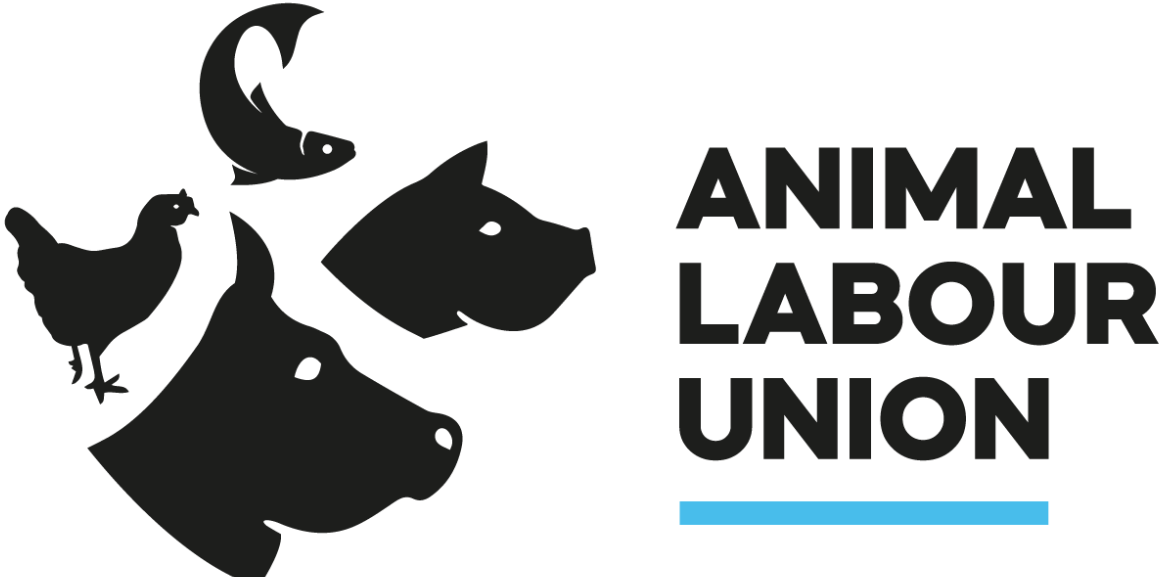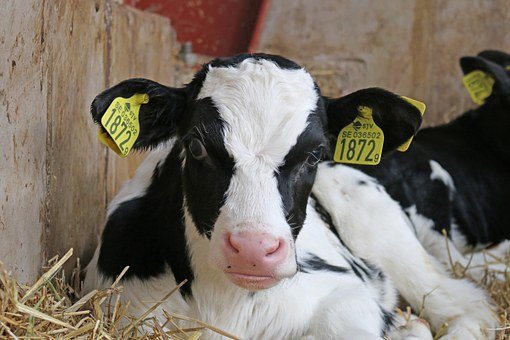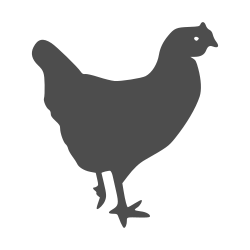Animals are protected in several places in the law. The Animals Act lays down requirements on how different animal species may be kept. The starting point in this law, however, is the usefulness the animal has for humans.
A rabbit as a pet has different rights than a rabbit as a laboratory animal, a rabbit kept for its meat and a rabbit caged for its fur. This is odd. After all, humans do have general rules, for example the right to sick leave, maternity leave, parental leave, dismissal protection and the prohibition of forced labour.
For this, it does not matter whether you work at the bank, in a supermarket or are a driver. That animals are given rights not based on their species but on their ‘function’ is incorrect.
Animals are not a thing
Animals are living beings are sentient beings. In Dutch law, Article 2a of the Civil Code literally states: animals are not things. Article 1.3 of the Animals Act states: the intrinsic value of the animal is recognised. This means the recognition of the intrinsic value of animals, being sentient beings. Nevertheless, animals do not as yet have a legal status other than objects. While animals are quite capable of communicating about their distress, their wishes and their physical and mental state.
Examples of animals with rights
‘We are all animals,’ wrote philosopher and animal activist Peter Singer back in 1977, in his book Animal Liberation. Humans and other animals are treated differently in practice and by law. Yet it turns out that what we call ‘human rights’ deserve wider application-and sometimes animals get it.
Sandra, for example, an orangutan who lived in the Buenos Aires zoo for 20 years. The court decided in 2014 that she had spent those 20 years in captivity and ordered the zoo to release her. In doing so, the court recognised her right to freedom, a right previously granted exclusively to humans.
In Pakistan in 2020, the court ruled the same about Kaavan, an elephant held at the Marghazar Zoo in Islamabad. The court demanded Kaavan’s relocation within 30 days to a shelter, either in or outside Pakistan.
In Nottingham (UK), police dogs have been entitled to a pension allowance of five hundred pounds a year since 2013. Police chief Tipping thinks it is normal not only to take good care of your people but also the dogs. In doing so, the dogs’ medical expenses are paid until retirement. Through the pension for dogs, medical expenses due to work-related diseases are covered even after their working lives.
Legislation in Sri Lanka recently passed an elephant law that is close to a collective bargaining agreement. Thus, elephants working as pack animals are allowed to work a maximum of four hours a day. Working at night is no longer allowed and baby elephants are also not allowed to be taken away from their mothers.
Animal labour law
Internationally, there is extensive research on rights for working animals.
About Animal Labour Union
The Animal Labour Union represents the animal workers in animal husbandry. Animals that provide a product or service to their employer, who…
Working Animals
Animals that provide (financial) added value for their employer/owner are working animals. Working animals can be found everywhere.
Communication with Animals
Animals can communicate very well. Anyone who lives around animals knows this. They let you know if they are hungry, want to go outside or experience pain.
Legislation and Research
Animals are protected in various places in the law. The Animals Act sets requirements for the way in which different animal species may be kept.





